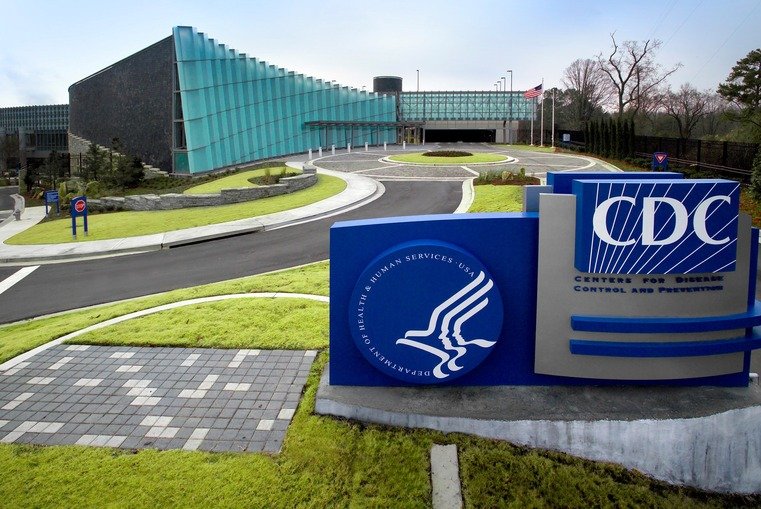Infection
CDC widens early virus detection surveillance
Nov. 6 (UPI) — The U.S. Centers for Disease Control and Prevention is expanding its infectious disease surveillance program to detect more than 30 bacteria, antimicrobial resistance targets and viruses including influenza A and B, and respiratory syncytial virus, known as RSV, and SARS-CoV-2.
The agency will launch the pilot program in four of America’s busiest airports: Boston Logan International Airport, San Francisco International Airport, Dulles International Airport in Washington, D.C., and John F. Kennedy International Airport in New York.
This is an expansion of the agency’s Traveler-based Genomic Surveillance program. Samples that test positive will be uploaded to public databases that will help educate and inform public health officials and decision makers about the prevalence of infectious respiratory diseases, such as COVID-19 and other ailments.
The surveillance program, led by CDC’s Travelers’ Health Branch, was introduced during the COVID-19 pandemic to detect new SARS-CoV-2 variants and other pathogens. Health workers test nasal swab and wastewater samples from passengers arriving on international flights at U.S. airports and volunteer to be tested.
“We have known that travelers are a very important population to consider for tracking new and emerging infections,” Dr. Cindy Friedman, who leads the CDC’s traveler genomic surveillance program and is the chief of the agency’s Travelers’ Health Branch, told CNN.
As part of the program expansion, samples that test positive for these infectious viruses will be sequenced and uploaded to public databases to provide valuable information to health officials and decision makers.
The program currently operates COVID-19 surveillance at seven major international airports in the United States
“We started this as a concept. Could we get travelers to volunteer at the airport to give us a sample voluntarily when they came in from countries all over the globe?” Friedman said. “And could we get enough samples to then test and do genomic sequencing and know very quickly what was coming into our country.”
The surveillance program has tested over 370,000 travelers using nasal swabs, with around 6,000 travelers volunteering weekly, according to the CDC.
The program has collected samples from travelers from more than 135 countries and sequenced more than 14,000 samples for further analysis by public health officials.
“The expansion of the Traveler-based Genomic Surveillance program to flu, RSV, and other pathogens is essential as we head into fall respiratory season,” Friedman said.
The CDC said the TGS program acted as an early warning system to detect new and rare variants of the SARS-CoV-2 virus during the pandemic and will do the same for other respiratory viruses in the future, providing more detailed information for public health officials.
The wastewater program, introduced in August 2022, collects wastewater from a single plane using a collection device, and samples are shipped to a lab for testing.
If samples come back positive for a specific pathogen, such as COVID-19, they undergo whole genome sequencing to determine variants.
“One sample from an aircraft coming from a geographic destination afar can give us information potentially about 200 to 300 people that were on that plane,” Friedman said.
The CDC is working with Ginkgo Bioworks, a global bio-security company that works with groups running the gamut from international public health firms to hyper-local governments to detect and attempt to head off public health emergencies.

